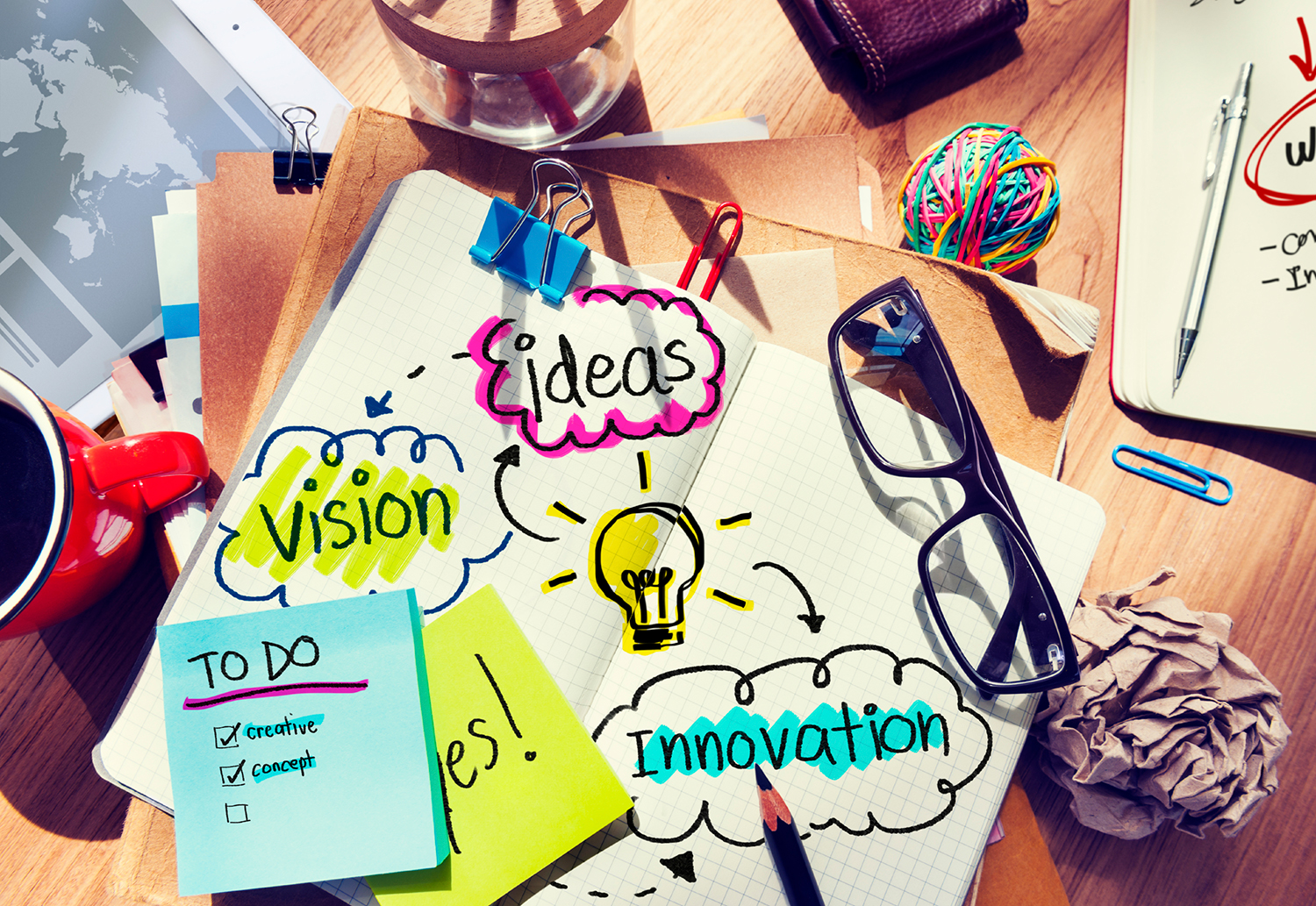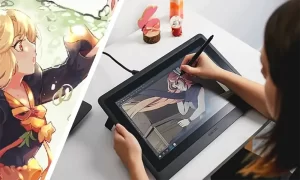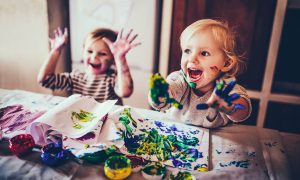
The creative process is a mysterious journey that takes individuals from a spark of inspiration to the realization of their artistic vision
Whether it’s writing a novel, composing a song, or designing a masterpiece, understanding the creative process can provide invaluable insights into how ideas are born, developed, and transformed into tangible creations. In this article, we will explore the stages of the creative process, unravel its complexities, and delve into strategies for nurturing and enhancing creativity
1. The Spark of Inspiration:
The creative process often begins with a spark of inspiration—a moment of insight or a fleeting idea that captivates the artist’s imagination. We’ll discuss different sources of inspiration, such as nature, personal experiences, and the works of other artists. Furthermore, we’ll explore techniques for cultivating and harnessing inspiration, including keeping a creative journal, seeking new experiences, and embracing serendipity.
2. Ideation and Exploration:
Once inspired, the artist enters the stage of ideation and exploration, where ideas are generated, refined, and expanded upon. We’ll explore brainstorming techniques, mind mapping, and freewriting exercises to encourage the flow of ideas. Additionally, we’ll discuss the importance of curiosity and openness to experimentation during this stage, as artists explore various directions and possibilities.
3. The Incubation Phase:
After generating a range of ideas, the creative process enters a phase of incubation. This is a period of subconscious processing, where the mind continues to work on the ideas in the background. We’ll discuss the importance of allowing for mental breaks, engaging in activities unrelated to the creative project, and creating a conducive environment that nurtures incubation.
4. Execution and Refinement:
The execution phase is where the artist takes the chosen idea and transforms it into a tangible creation. We’ll delve into the practical aspects of bringing the vision to life, discussing techniques for organizing thoughts, establishing a workflow, and managing creative blocks. Additionally, we’ll explore strategies for seeking feedback, embracing iteration, and refining the work through continuous refinement.
5. Reflection and Growth:
The creative process does not end with the completion of a project. Reflection and growth play a vital role in the artist’s journey. We’ll explore the importance of self-reflection, analyzing strengths and areas for improvement, and celebrating achievements. Furthermore, we’ll discuss the role of feedback, constructive criticism, and continuous learning in fostering personal growth as a creative individual.
Conclusion:
Understanding the creative process is not only insightful for artists but also for anyone seeking to tap into their creative potential. From the initial spark of inspiration to the final creation, the creative process is a dynamic and deeply personal journey. By embracing the stages of inspiration, ideation, incubation, execution, and reflection, individuals can navigate the complexities of the creative process with more confidence and intentionality. So, whether you’re an artist, writer, musician, or simply someone interested in creativity, understanding the creative process can unlock a world of possibilities and empower you to bring your unique visions to life.

